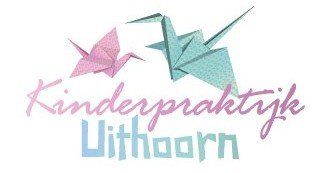Dyscalculia
Your child has trouble with calculating and maths from group 3 onwards. The numbers are swapped (for example they write down 32 instead of 23). Big numbers are difficult to read, and your child finds it difficult to understand whether 104 or 140 is bigger. When your child has to do substraction sums above ten, he/she doesn’t understand it. If math tests are done at school, your child will consistently end up with lower scores than his/her peers. Your child receives extra support at school for mathematics, but this does not seem to have any effect.
If you recognize your child in the description above, your child might have dyscalculia. This is a disorder in which there are large delays in calculating and mathematics.
A dyscalculia test can be done on children from group 4 and up, but preferably from group 5 and up. On the scores of the LOVS, your child obtains E-scores at the last three test moments. The scores for other subjects are average or high. At school, your child has demonstrably received extra support for calculating and mathematics.
After the intake an intelligence test is conducted – if necessary and if an intelligence test has not been done recently. In addition, a didactic survey is conducted, in which the level of mathematics is determined. All results are described in a final report. If your child has dyscalculia, a dyscalculia statement will also be issued.
The municipality has indicated that it will not reimburse dyscalculia tests. The costs are for the parents (and / or school).




